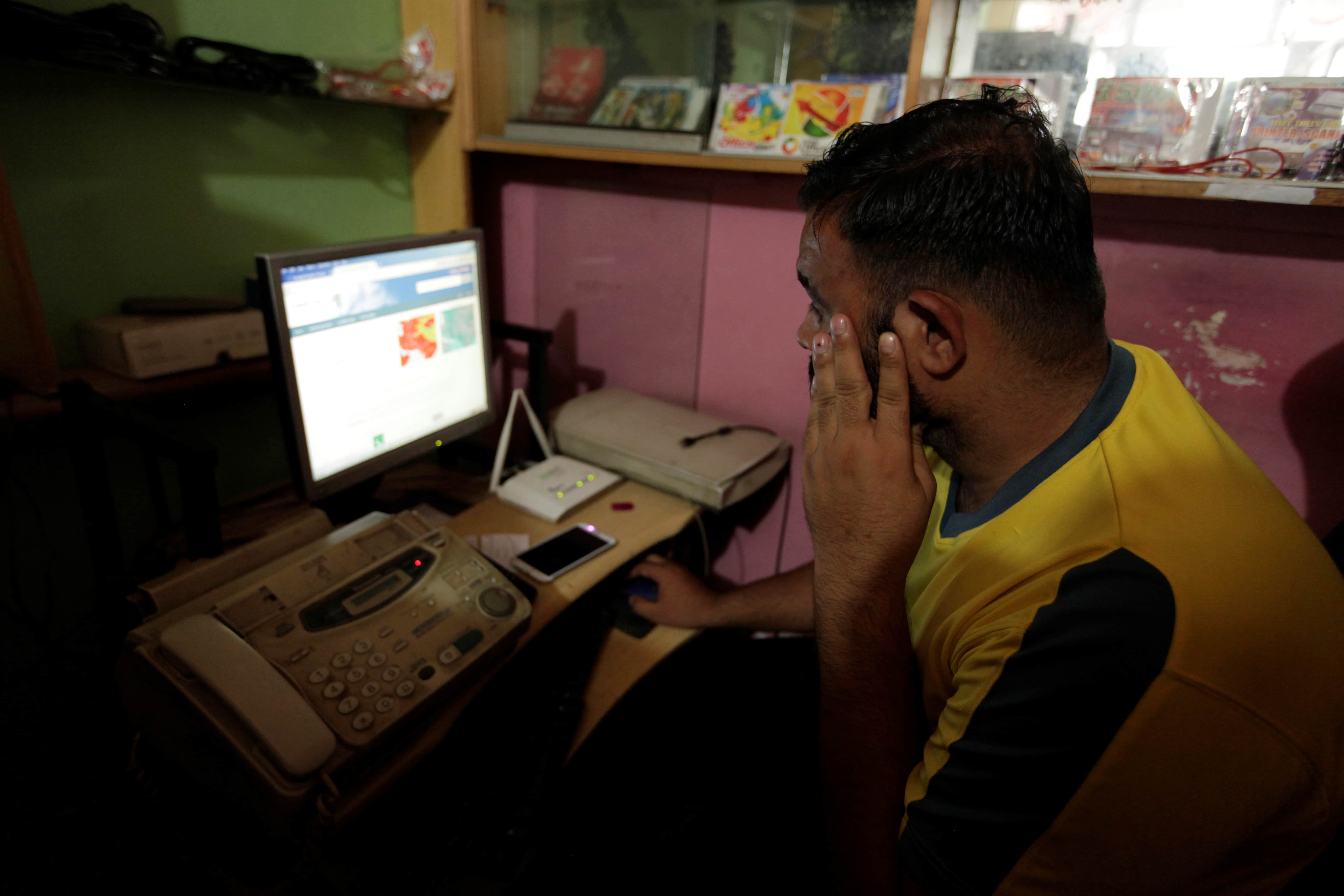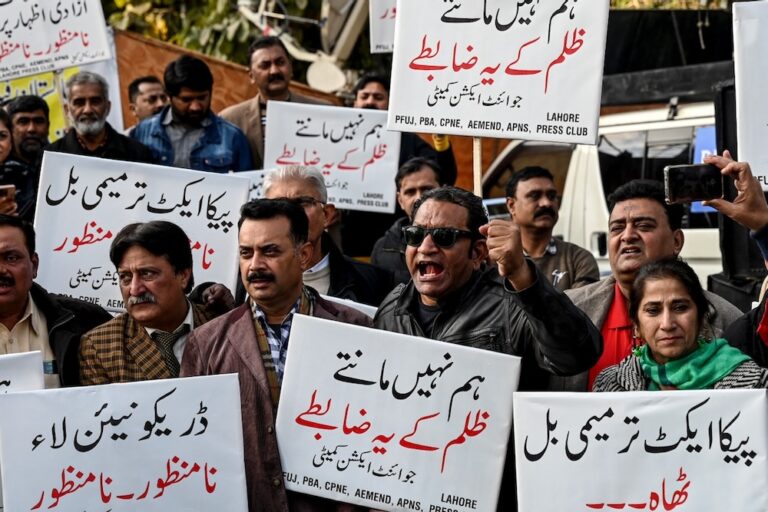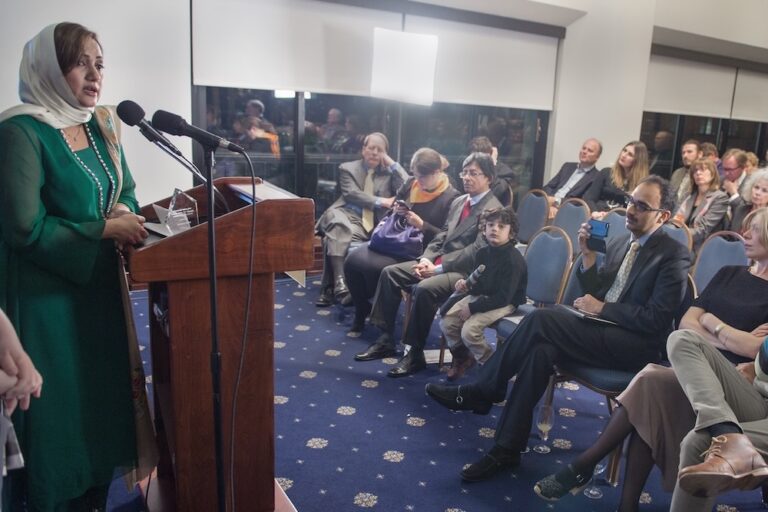Some provisions in Pakistan's Prevention of Electronic Crimes Act of 2016 can lead to the muzzling of Internet freedom.
This statement was originally published on digitalrightsfoundation.pk on 10 July 2017.
The Prevention of Electronic Crimes Act 2016 (“PECA”) was ostensibly legislated in order to combat the “growing threat of cybercrime.” The legislation provides various legal mechanisms and investigative powers by which government authorities can search and seize digital forensic evidence and information systems in order to penalize offenders. The object and reason of the bill is to “effectively prevent cybercrimes” and defend the national security of Pakistan, while also enabling secure systems for investment in IT and e-commerce.
The legislation notes that the exercise of these powers needs to be “proportionate with the civil liberty protections afforded to citizens under the Constitution.” It claims that “The Bill also includes specific safeguards to balance against these intrusive and extensive procedural powers in order to protect the privacy of citizens and avoid abuse of the exercise of these powers.”
There is an inherent tension within any policy formulation which seeks to govern a medium of information storage, access and delivery against fundamental rights for privacy, expression and speech.
The legislation in question, both substantively and procedurally, fails to provide any safeguard for the newly enumerated powers of government.
With regards to internet access and data systems, states can be likened to librarians which engage in the conscious curation of knowledge and expressive materials. As ruled in United States v. American Library Association, “public libraries pursue the worthy missions of facilitating learning and cultural enrichment.” Towards that end, libraries subscribe to the model of providing “[b]ooks and other… resources… for the interest, information, and enlightenment of all people of the community the library [*] serves…To fulfill their traditional missions, public libraries must have broad discretion to decide what material to provide to their patrons. Although they seek to provide a wide array of information, their goal has never been to provide “universal coverage.” (United States v. American Library Assn., Inc., 2003).
Although the case dealt particularly with the filtering of internet content within state-funded public libraries, such a role is analogous to that of the paternalistic state model which is frequently advocated by Pakistan’s lawmakers and state agencies. The reasoning goes that the internet is a harmful, obscene and blasphemous space that must be cleansed before consumption for the Islamic sensibilities of the Pakistani people (Sindhu, 2017).
Notwithstanding the manipulative and political invocation of religion for the promotion of state ideologies, the internet does require regulation and surveillance for efficient government and policing against cybercrimes such as fraud, illegal trade, extortion etc. Therefore, the state has a vested and legitimate interest in seeking to control the internet. However, the debate is to what extent and to which ends?
The most important aspect of any statutory legislation is its language and terminology, which expands or restricts the scope of its controlling provisions. The PECA 2016 is worded ambiguously enough so that it is entirely up to the discretion of an authorized offer to investigate, seize, prosecute and penalize an enumerated offender.
For instance, Sections 2-8, technically speaking, make the simple act of connecting to the internet a potentially criminal activity, with the controlling element of culpability being “dishonest intention,” a discretion left entirely to the judge. “Dishonest intention” is defined as “intention to cause injury, wrongful gain or wrongful loss or harm to any person or to create hatred or incitement to violence.” Given the religious fervour and overzealousness of state functionaries to impose injury at the slightest provocation, even the simple act of browsing a potentially controversial page on Facebook or Twitter could constitute criminal activity under the law. A simple application of “Section 4 – Unauthorized copying or transmission of data,” for instance, would make sharing a controversial meme or even downloading the page for viewing (a technical necessity for accessing any content on the internet) as a potential offence. This would result in wrongful convictions and miscarriages of justice.
In effect, then, any internet activity must have the proper authorization and appropriateness. Such provisions run counter to the democratizing function of the web, meant to facilitate discourse and debate, by making it a library where content can only be consumed if the patron has the requisite permission from the proper authority, and if the content itself is deemed appropriate for viewing ab initio.
This is precisely the danger posed by the PECA, as it provides the government with both a warrant and an authority to freely designate and criminalize any political and ideological dissidents and minorities which do not align with the ideological frontiers of the state. While these constitutional guarantees have never been absolute nor unrestricted, the PECA only encourages the muzzling of these freedoms which were rarely respected by the state.
With the PECA, however, the state has an additional weapon in its arsenal to prosecute unwanted elements within society on the pretext of legitimate government regulation. While certain sections of the Act are beyond reproach and necessary for a peaceful and healthy society (such as the prevention of cyber fraud and dissemination of child pornography), the highlighted sections and their languages need to be reviewed by the apex court for being void for vagueness. Or else, if applied as it is, the PECA could become the very means by which democracy is stifled, rather than facilitated. Instead of providing a repository of knowledge, Pakistan could transform the internet into a propaganda tool where only state-ratified ideas are fit for consumption, and the rest discarded, along with their authors.
Author: Ashtar Haideri
Ashtar is an intern at DRF. He is a senior law student at the Lahore University of Management Sciences, and is interested in law, philosophy, and technology.



